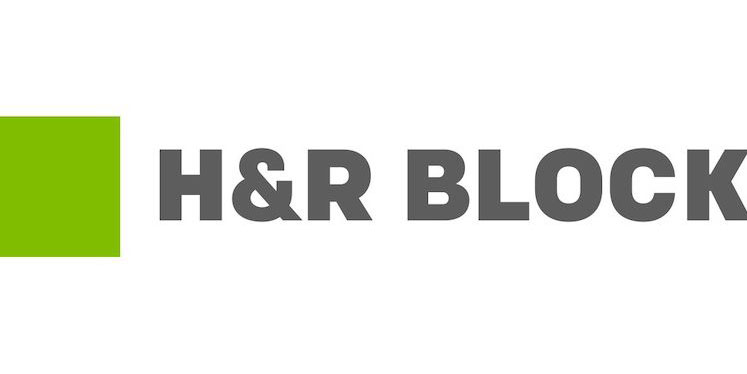Should you put your excess money into investments or try to have your mortgage paid off? This argument is as contentious as the one over whether to brew coffee in a French press or a pour-over or whether "Star Wars" or "Star Trek" is better. Investing in the stock market or paying off mortgage is a decision that has significant long-term repercussions for your finances. This is true even though all three subjects have the potential to incite ardent believers on both sides.
Important Factors To Take Into Consideration
To choose between the two, a certified financial advisor in Knoxville, Tennessee, named Justin Goodbread recommends that you take into consideration the following six factors:
- Your home's current market value
- Your mortgage interest rate
- Appreciation of homes in your neighborhood
- Your percentage of the income tax
- Predictions on the level of inflation
- A presumptive rate of return on investment.
In an analysis published on his blog titled "Financially Simple," Goodbread utilized national averages for the six characteristics discussed above to analyze and contrast the various potential outcomes of investing vs. paying off a mortgage early.
In each of these "what-if" scenarios, the calculations showed that investing would be more profitable than paying down the mortgage.
However, according to Goodbread, the correct response to the question "Should you invest or pay off your mortgage?" is conditional on the specifics of your circumstance. In response to a direct request for a rule of thumb, he provided two options:
You should consider paying off your mortgage early if you have: You are a cautious investor who falls into a lower tax band and has a high-interest rate on your mortgage.
INVEST IF: You are an active investor who also happens to be in a high tax band and benefit from a low, fixed interest rate on a 30-year mortgage.
Reasons To Keep Your Mortgage
According to Goodbread and Ric Edelman, the key reasons for holding a mortgage and not accelerating payments on the principal include the following, as cited by both of these individuals:
Homeowners have a responsibility to keep their liquidity. Cash reserves are necessary to have on hand in a sudden financial crisis. Homeowners who put every last cent towards paying off their mortgage early may need a financial safety net. Edelman believes that what you've done is the same as "burying the money in the walls of the home."

The value of a residence is unaffected by the presence of a mortgage. According to Goodbread, "the home itself does not care whether it has debt on it or not." He says that the likelihood of it appreciating over the long run is high regardless of the amount you still owe on it.
The interest on a mortgage is quite low. Because the property's value guarantees the mortgage, the interest rates are far lower than those for credit cards and personal loans; in addition, the interest you pay may be deducted from your taxes. Edelman claims that it is quite likely the least expensive money that you will ever borrow.
The monthly payments on a mortgage become easier with time. Young homeowners frequently find that they strain their budgets when they take on one of these loans, but with a 30-year fixed mortgage, time is on your side. According to Edelman, "that monthly payment grows simpler and easier to make" when the impacts of inflation and an increasing salary take root in a person's life.
In the long run, the return on investments will be greater than the return on the interest paid on a mortgage. Due to the severe decline in the stock market that occurred in 2008, Edelman admits that "it worries some individuals." However, he is not advising investments consisting only of stocks but rather a diverse portfolio of assets designed for thirty years. This time frame coincides with the length of a mortgage with a fixed interest rate.
Considering 'Debt-Free Homeownership'

However, what should we make of the well-known book and radio broadcaster Dave Ramsey's advocate of debt-free homeownership? "I'm correct, and he's in the wrong!" Edelman laughs. He quickly adds, "Dave and I are speaking to two quite distinct sets of people," and he matter-of-factly says this. Edelman claims that Ramsey often guides those who "have proven an incapacity or reluctance" in the past to handle their finances, especially their debt, properly.
Edelman asserts that Dave has the right idea when he states that credit functions like a narcotic for certain people. Abstinence is very necessary for their eyes. And the reduction or elimination of debt, as well as the prevention of debt, is essential." On the other hand, "Getting a huge, lengthy mortgage and never paying it off is the best, safest plan to take," he argues, and this is the case for homeowners who carefully manage their debt.




